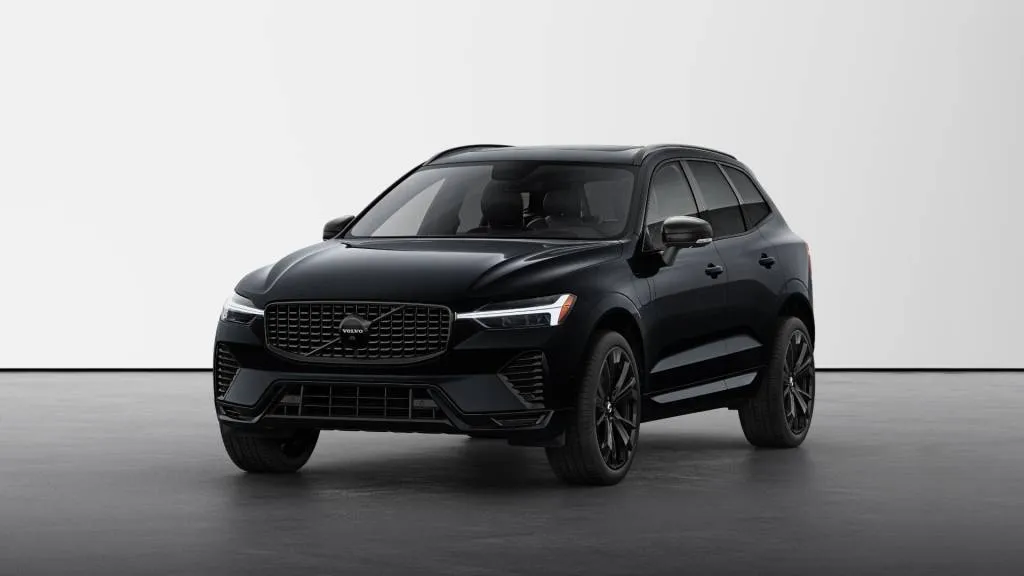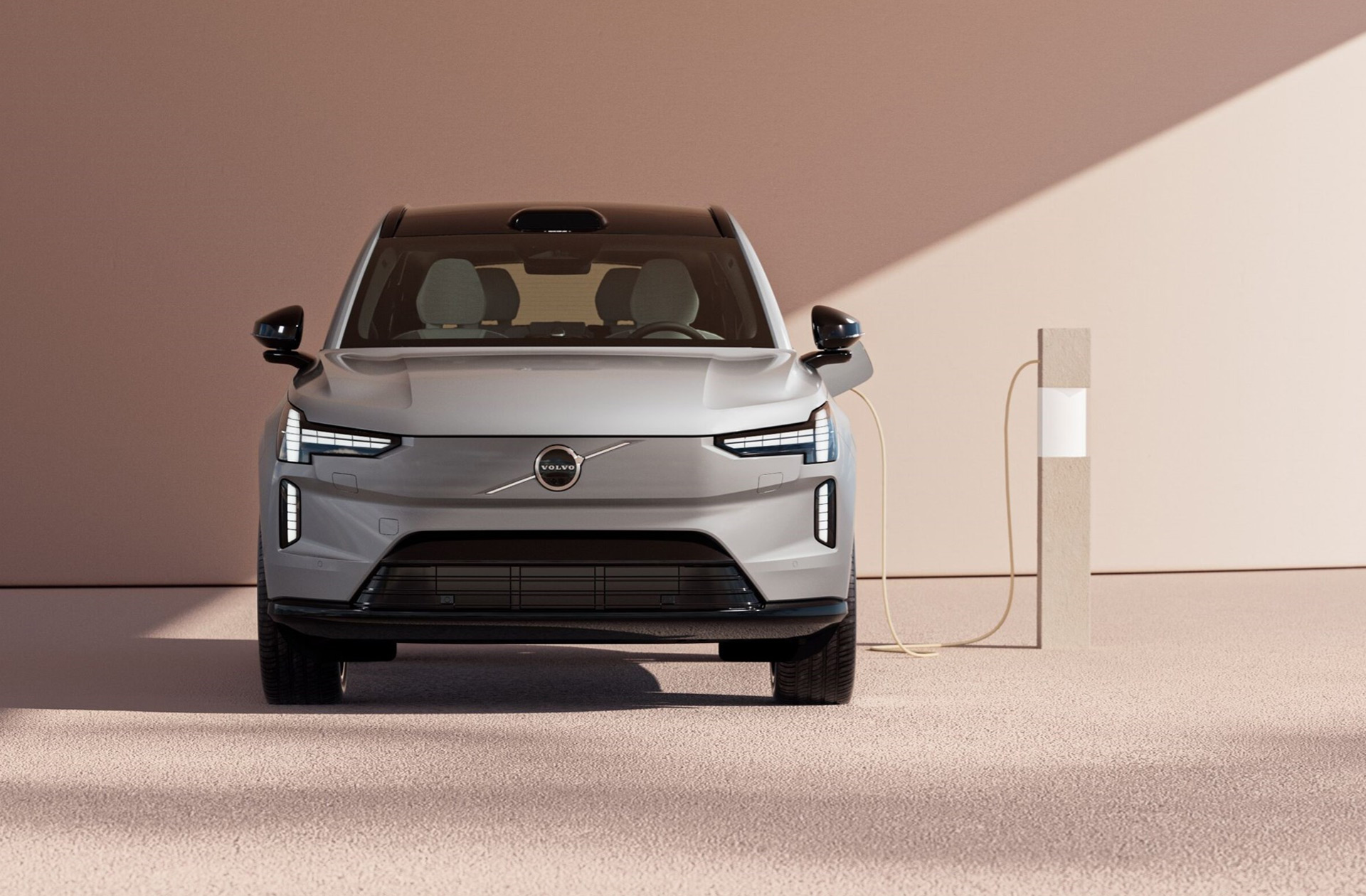- Volvo’s CEO said mild- and plug-in hybrids are a bridge technology for EVs
- Volvo will continue to invest in plug-in hybrids despite planning for an EV-only lineup
- Dealers said Volvo needs to sell PHEVs or the automaker would die
Volvo has pledged to exclusively sell electric vehicles by 2030, but slower than expected demand may cause the automaker to continue offering vehicles with gas engines beyond the date.
Automotive News (subscription required) reported on Thursday that Volvo CEO Jim Rowan, while announcing this past quarter’s financial results, acknowledged that 48-volt mild-hybrids and plug-in hybrids are an ideal bridging technology for customers not ready to make a switch to an EV, and that Volvo will continue to invest in the technology. Volvo doesn’t sell a traditional hybrid fueled by gas but supplemented by a battery and electric motor system without a plug in the U.S.
Automotive News also reported that Volvo will focus on selling plug-in hybrids alongside EVs in the next decade, citing a source familiar with the automaker’s plans. The plug-in hybrids could be based on an updated version of the SPA platform underpinning popular Volvo models like the XC60 and XC90, the source said.
Volvo parent company Geely earlier this year teamed with Renault Group to form the joint venture Horse Powertrain aimed at developing and marketing state-of-the-art engines and hybrid technology. Volvo could also potentially tap the company for those components it itself is no longer investing in.

2024 Volvo XC60 Black Edition
Volvo dealers also expect to continuing selling plug-in hybrids beyond 2030, according to Automotive.
“We will have to, or we will die,” one dealer source told the publication. “Volvo has gotten way out over their skis with this EV-only strategy.”
Volvo wouldn’t be alone in backtracking on its EV pledge. Mercedes-Benz in February said it now expects to sell gas-powered cars beyond 2030, whereas previously it thought it would be a fully electric brand by the date. Similarly, Cadillac, which also targeted a fully electric lineup by 2030, said in May that it will likely still be selling gas-powered cars beyond the date.
Porsche also came out this week with comments that it no longer targets EV sales to reach 80% of total sales by 2030. The automaker also confirmed that its top-selling Cayenne will still be available with gas and plug-in hybrid powertrains next decade, despite an electric Cayenne launching in the next year or two.
